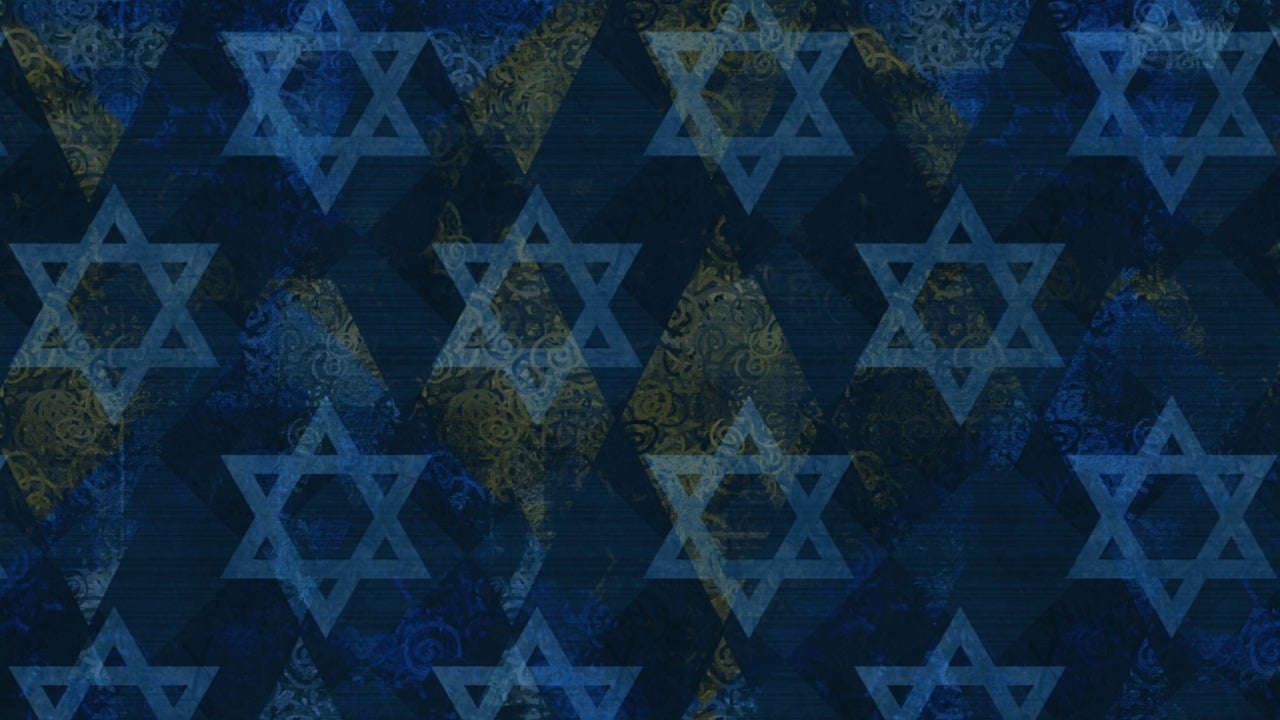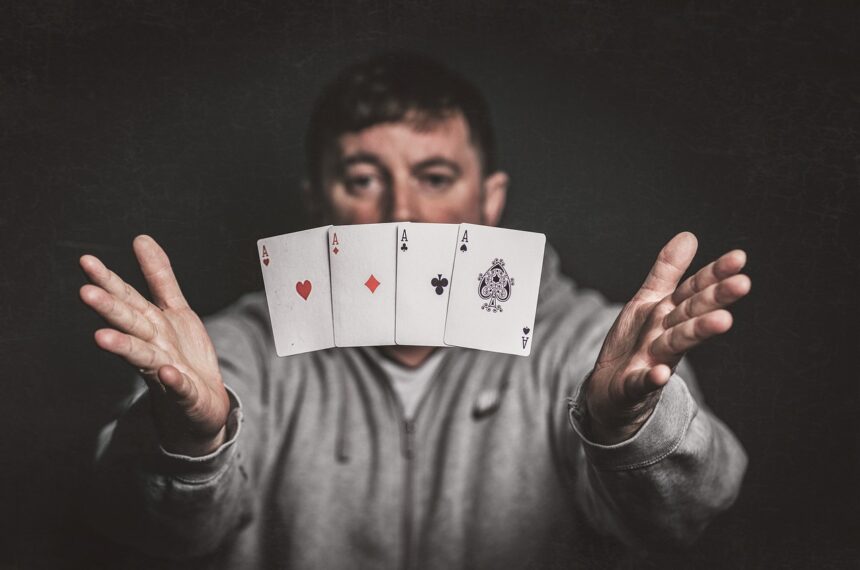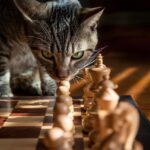In stage magic, a “force” is a method of controlling a choice made by a spectator during a trick. Some forces are performed physically using sleight of hand, such as a trick where a spectator appears to select a random card from a deck but is instead handed a known card by the magician. Other forces use equivocation (or “the magician’s choice”) to create the illusion of a free decision in a situation where all choices lead to the same outcome. (Wikipedia)
Just as stage magicians use “forces” to control a spectator’s seemingly free choice, modern democracy presents voters with an illusion of choice, a “political force,” where the outcome is subtly manipulated despite the appearance of democratic free choice. Politicians are a species of actors, and are complicit in perpetuating this illusion.
Like a magician palming a specific card, political parties pre-select their candidates, shaping the field before the actual voting begins. Through political action committee funding, endorsements from key figures, and control of media narratives, favored candidates are given a significant advantage, effectively “forcing” them onto the electorate. The primary process, while superficially democratic, can be manipulated to favor a particular outcome, pre-determining the range of choices available to voters.
Just as a magician may offer a spectator a “choice” between two cards that are ultimately the same, political discourse is framed as a binary between two carefully curated options. These options, while seemingly different, may represent a narrow spectrum of acceptable viewpoints, effectively excluding alternative perspectives and limiting the scope of debate. The illusion of choice reinforces existing power structures, preventing any real challenge to the status quo.
Elections themselves are a form of “theatrical force.” The drama, the rallies, the “debates” – all contribute to the illusion of a healthy, functioning participatory democracy. However, behind the spectacle, the real decisions have already been made, with the outcome predetermined by factors outside the voters’ control. The election becomes a performance, reinforcing the illusion of choice while masking the true power dynamic at play.
And just as a magician uses misdirection to control a spectator’s attention, politicians use fear and hope to manipulate voters. By capitalizing on threats while promising a brighter future, they “force” voters to make choices based on emotion rather than rational consideration of the issues. This emotional manipulation can be particularly effective in times of crisis, when voters are more susceptible to fear-mongering and promises of security. A country under constant acute crisis suffers a deeper, ongoing political and existential uncertainty, that is exploited.
Today’s political arena is a craftily orchestrated illusion of choice that masks true constraints on any given politician’s agency. Understanding this dynamic is crucial for Jews who seek to move beyond the performance and become participants, rather than spectators, in the final redemption.




